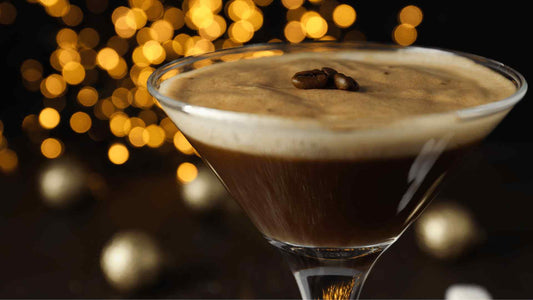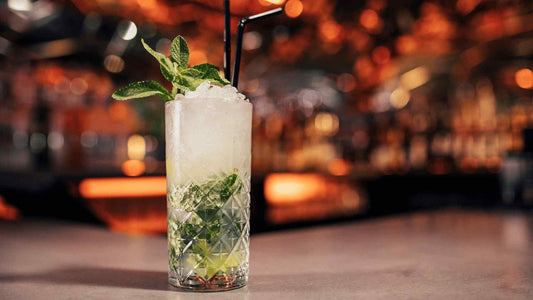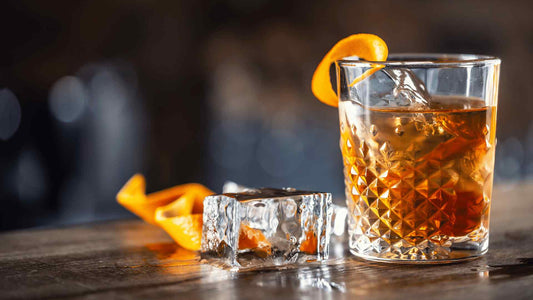Decanting wine has been a ritual observed by wine enthusiasts for centuries, yet its purpose often remains shrouded in mystery for many. Beyond the elegance of the process lies a practical reason deeply rooted in enhancing the wine-drinking experience. In this article, we delve into the secrets behind decanting and uncover why it's a practice worth embracing.
Unlocking the Aromas
One of the primary reasons for decanting wine is to unlock its aromas. When wine is poured into a decanter, it exposes the liquid to oxygen, which triggers a chemical reaction known as oxidation. This process allows the wine's volatile compounds to evaporate, releasing a bouquet of aromas that might have been subdued while the wine was confined in the bottle. Whether it's the fruity notes of a young red or the complex aromatics of an aged vintage, decanting helps amplify these scents, tantalizing the senses even before the first sip.
Softening Harsh Tannins
Tannins, naturally occurring compounds found in grape skins, seeds, and stems, contribute to the structure and mouthfeel of wine. In young red wines, tannins can often be robust and astringent, leading to a harsh or bitter taste. Decanting allows these tannins to mellow out over time as they interact with oxygen, resulting in a smoother, more balanced palate. The process is particularly beneficial for bold red wines like Cabernet Sauvignon or Syrah, where decanting can soften the edges and reveal the wine's underlying complexity.
Separating Sediment
For older wines, especially those aged in the bottle for several years, sediment can accumulate over time. This sediment, composed of tannins and pigments, is harmless but can impart a gritty texture and cloudiness to the wine if disturbed. Decanting allows the wine to be carefully poured off the sediment, ensuring a clear and pristine pour into the glass. By separating the wine from the sediment, decanting preserves the integrity of the wine's flavors and clarity, offering a more visually appealing and enjoyable drinking experience.
Enhancing Flavor Integration
Beyond its practical benefits, decanting also plays a role in enhancing flavor integration. As wine interacts with oxygen in the decanter, its various components—acidity, tannins, fruit flavors, and oak influence—begin to harmonize and meld together. This integration process can lead to a more cohesive and expressive flavor profile, where each element seamlessly complements the others. Whether it's a young wine that needs time to open up or an older vintage that benefits from a gentle airing, decanting allows the wine to reach its full potential on the palate.
In the world of wine, decanting is not merely a ceremonial act but a practical tool for enhancing the sensory experience. Whether it's to unlock aromas, soften tannins, remove sediment, or improve flavor integration, decanting plays a crucial role in allowing wine to shine at its best. So the next time you uncork a bottle, consider giving it the honor it deserves by pouring it into a decanter. You may just uncover a whole new dimension of enjoyment in every glass.



